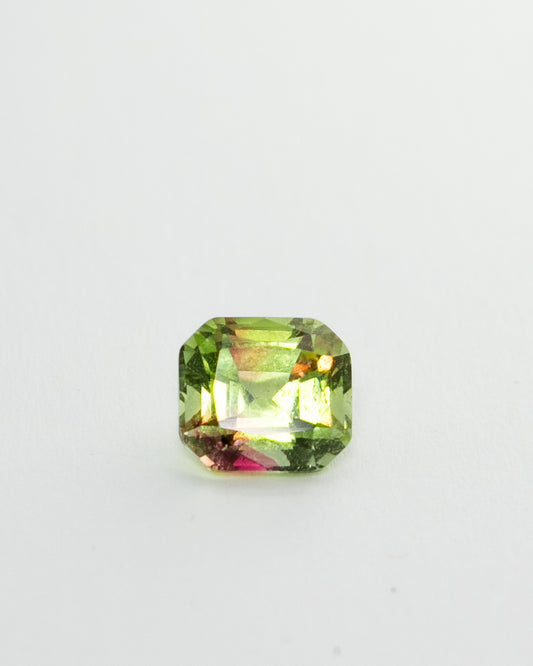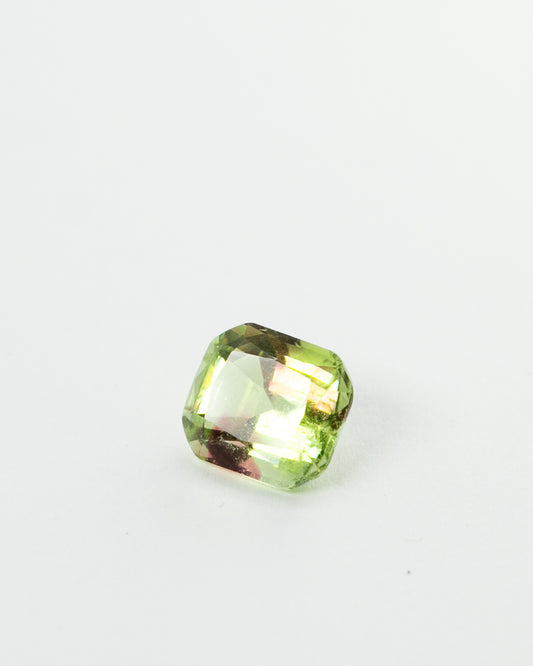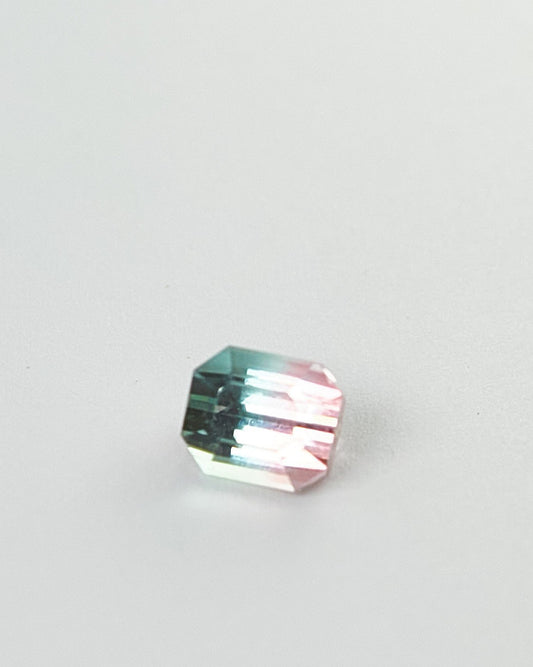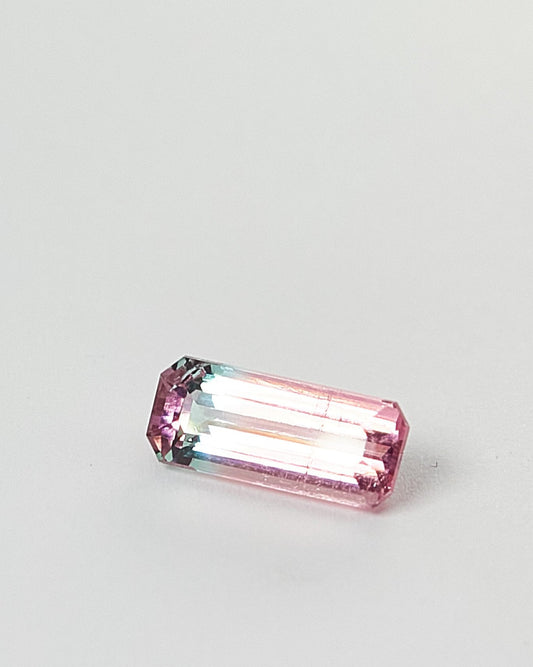Collection: Pink Tourmalines
About Pink Tourmalines
Pink Tourmaline Meaning and Benefits
Pink Tourmalines Origin and Types
Pink Tourmalines Prices
Pink tourmaline is one of the most beloved varieties of tourmaline, admired for its delicate to intense pink hues. Its color is primarily caused by manganese, which acts as the chromophore, giving the stone shades that range from soft pastel pink to deep magenta. Some pink tourmalines may also have a purplish or reddish tint, depending on their specific chemical composition. The most saturated and highly valued pink tourmalines are known as Rubellite, a variety distinguished by its intense red or deep pink color, often comparable to fine rubies.
Historically, pink tourmaline has been appreciated for centuries. One of the earliest sources was Brazil, where gem-quality deposits were discovered in the 19th century. During the Qing Dynasty, China imported large quantities of pink tourmaline, particularly from mines in California, using it in imperial jewelry and decorative carvings. Over time, deposits were found in Africa, Afghanistan, and Madagascar, expanding its availability and popularity in the global market.
Historically, pink tourmaline has been appreciated for centuries. One of the earliest sources was Brazil, where gem-quality deposits were discovered in the 19th century. During the Qing Dynasty, China imported large quantities of pink tourmaline, particularly from mines in California, using it in imperial jewelry and decorative carvings. Over time, deposits were found in Africa, Afghanistan, and Madagascar, expanding its availability and popularity in the global market.
Pink tourmaline is associated with love, emotional healing, and compassion. It is believed to resonate with the heart chakra, helping to release past emotional wounds and encourage self-love and harmony. Many consider it a stone of joy and positivity, enhancing creativity and emotional well-being. Rubellite, with its rich red-pink tones, is thought to carry even stronger energetic properties, symbolizing passion, vitality, and strength.
Today, pink tourmaline is mined in Brazil, Madagascar, Mozambique, Nigeria, Afghanistan, and the United States. The most sought-after varieties come from Mozambique and Brazil, where deeply saturated Rubellites are found. The main distinction between Rubellite and standard pink tourmaline lies in color stability and intensity—while pink tourmaline can appear lighter and more delicate, Rubellite maintains its deep pink to red hue under various lighting conditions. Other notable types include pastel pink tourmaline, hot pink tourmaline, and pink tourmaline with inclusions, which may contain unique patterns or color zoning.
The value of pink tourmaline depends on color intensity, clarity, cut, and size. The most prized specimens are vibrant, highly saturated, and eye-clean stones, with Rubellite being the most valuable due to its deep, rich color and rarity. In 2024, high-quality Rubellite from Mozambique and Brazil saw a significant price increase, driven by strong demand in the fine jewelry sector. Looking ahead, intensely colored Rubellites and larger pink tourmalines with high clarity are expected to continue appreciating in value, as their availability remains limited and demand continues to rise.
Pink tourmalines are among the most popular, but there is a special Bubble Gum shade, which is more expensive due to its rich, saturated pink color. While high-quality standard pink tourmaline costs $250–$300 per carat, Bubble Gum tourmaline starts at $400 and above.
Pink tourmalines are among the most popular, but there is a special Bubble Gum shade, which is more expensive due to its rich, saturated pink color. While high-quality standard pink tourmaline costs $250–$300 per carat, Bubble Gum tourmaline starts at $400 and above.
-
Tourmaline 3.1ct Pink Afghanistan 8.2×7.7×6.8mm
3.1 ctRegular price CHF 454.80Regular priceUnit price / per -
Tourmaline Bicolor 6.6ct 11×9.7×8.8mm
6.6 ctRegular price CHF 1,886.07Regular priceUnit price / per -
Tourmaline 4.25ct 9.72×9.62×7.28mm
4.25 ctRegular price CHF 914.93Regular priceUnit price / per -

 Sold out
Sold outFuxia Pink Tourmaline 6ct
6.0 ctRegular price CHF 1,500.00Regular priceUnit price / per -

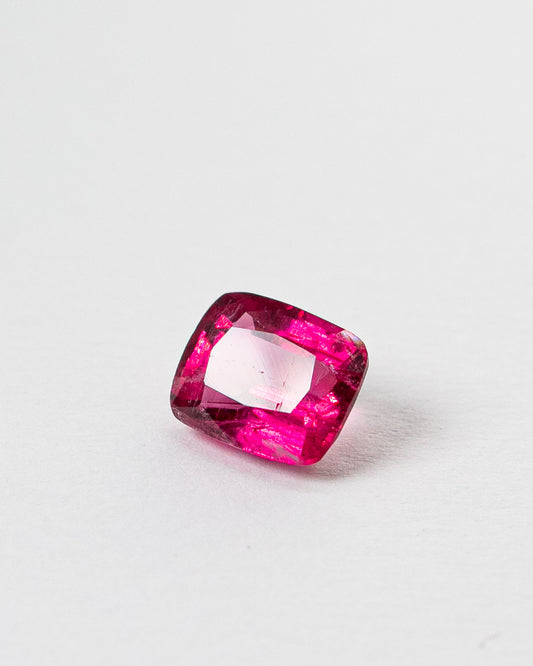 Sold out
Sold outBerry Rubellite
2.6 ctRegular price CHF 390.00Regular priceUnit price / per -
Bicolour Mint and Red Tourmaline 2.6ct
2.6 ctRegular price CHF 150.00Regular priceUnit price / per -
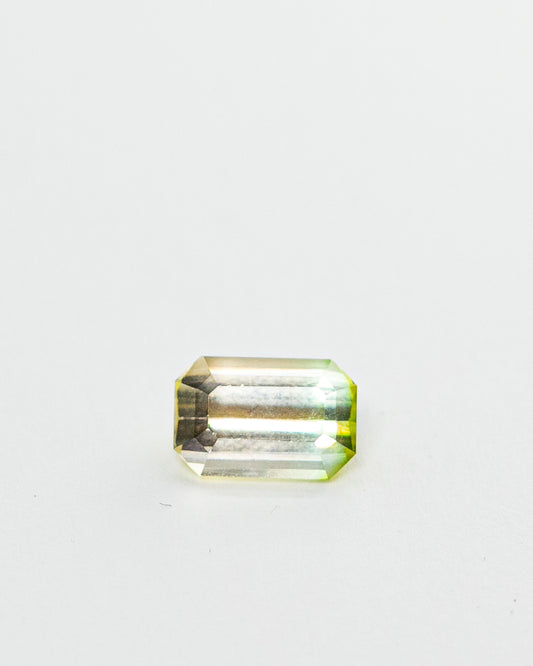
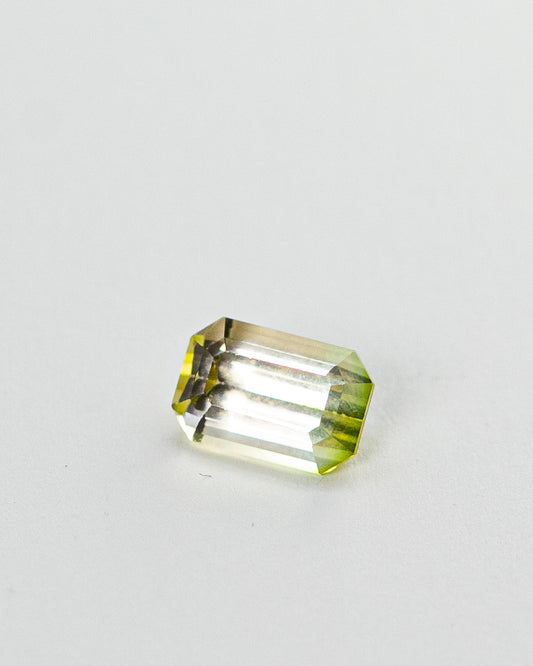 Sold out
Sold outBicolour Tourmaline 1.25ct
1.25 ctRegular price CHF 62.00Regular priceUnit price / per -

 Sold out
Sold outVine Tourmaline 5.4ct
5.4 ctRegular price CHF 1,500.00Regular priceUnit price / per -

 Sold out
Sold outPair of Pink Tourmalines 8.35ct
8.35 ctRegular price CHF 180.00Regular priceUnit price / per -

 Sold out
Sold outPink Tourmaline
1.2 ctRegular price CHF 90.00Regular priceUnit price / per -

 Sold out
Sold outLight Pink Tourmaline
1.4 ctRegular price CHF 105.00Regular priceUnit price / per -

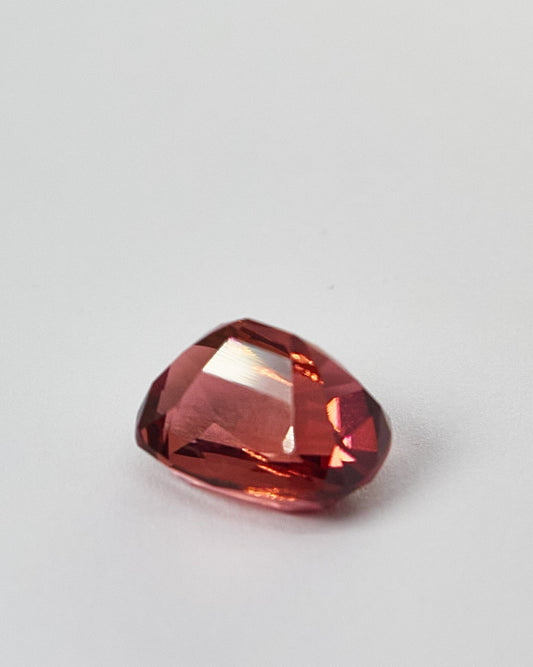 Sold out
Sold outRed wine Tourmaline 12.6ct
12.6 ctRegular price CHF 2,800.00Regular priceUnit price / per -
Tourmaline Bicolour Pink and Light Blue
1.65 ctRegular price CHF 550.00Regular priceUnit price / per -
Tourmaline Bicolour Pink and Light Blue
3.55 ctRegular price CHF 700.00Regular priceUnit price / per -
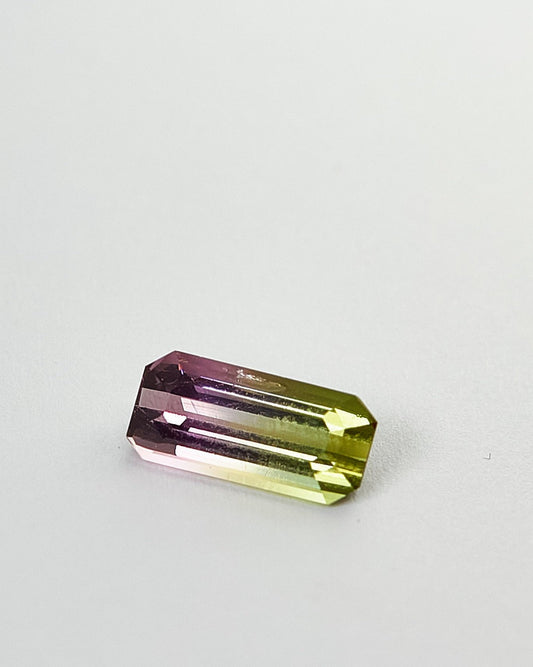
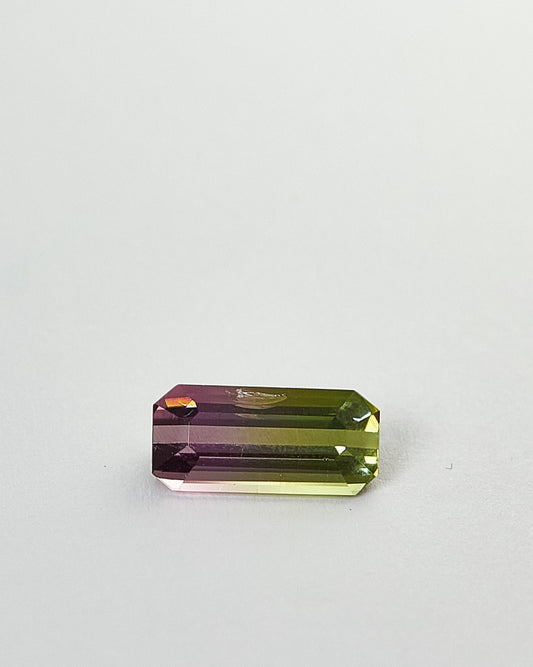 Sold out
Sold outWatermelone Tourmaline 2.25ct
2.25 ctRegular price CHF 600.00Regular priceUnit price / per -

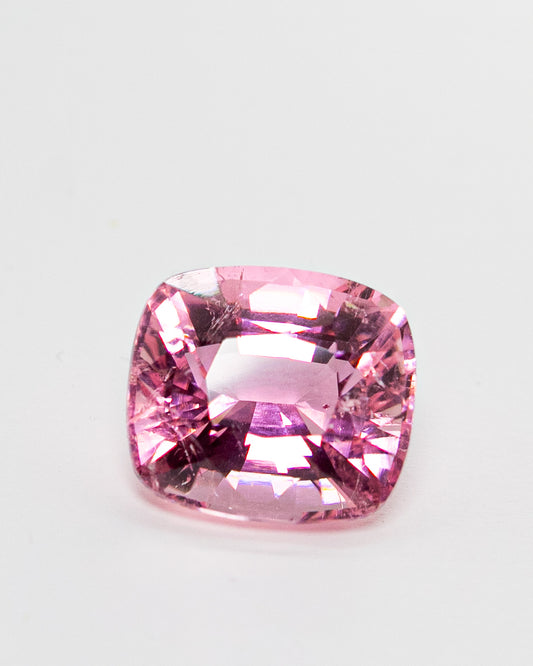 Sold out
Sold outPink Tourmaline 14.45ct
14.45 ctRegular price CHF 3,999.00Regular priceUnit price / per -

 Sold out
Sold outBerry-Pink Tourmaline 3.45ct
3.45 ctRegular price CHF 490.00Regular priceUnit price / per









